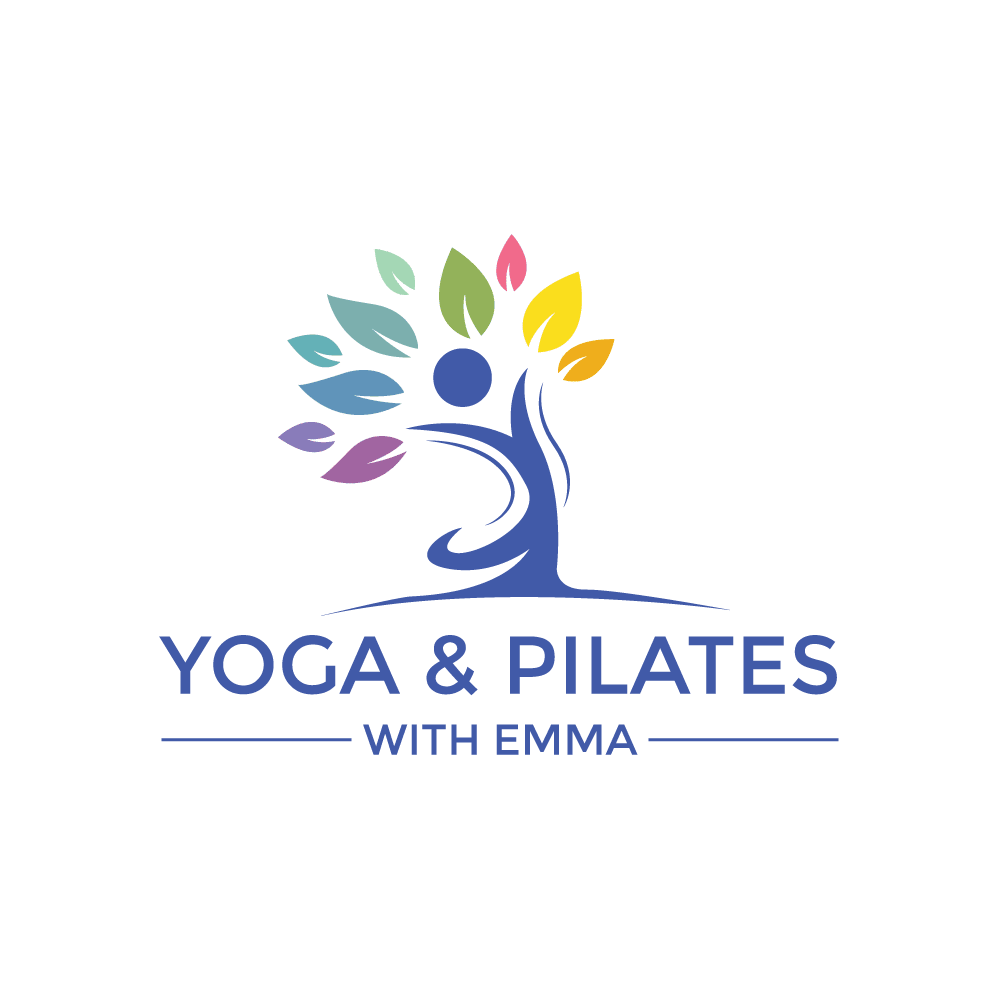Many of my clients are stressed and come to me seeking calm or a way to relax. As busy Mums or those working in a hectic job, they are often looking for some time to re-group, ways of managing stress and take things at a slower pace. Stress in small amounts is good for you. Without stress, we would struggle to get anything done. But what is stress?
What is stress?
Stress is a physical and emotional response to a situation. Within your body, every second of the day millions of processes are happening. The nervous system guides almost everything you do, think, say or feel – It allows the brain to communicate with the rest of the body. Without getting too technical. The nervous system is split up into the central nervous system and the peripheral nervous system. The central nervous system includes the brain and spinal cord, while the peripheral nervous system is split up into the somatic and autonomic nervous systems.
The somatic nervous system is involved in the movement of our skeletal muscles. The autonomic nervous system – which as the name suggests is involved in a number of typically automatic, regulatory functions – is then further split up into the sympathetic nervous system (SNS) and the parasympathetic nervous system (PNS).
The PNS is often referred to as our ‘rest and digest’ system, functions to conserve the body’s natural activity, relaxing the individual once an emergency has passed. The SNS is referred to as our “flight or fight” response and prepares the body for stress by increasing the heart rate, blood flow to the muscles and decreasing blood flow to the skin.
When we become stressed, we activate our SNS and a flood of hormones are released into the body to prepare it to re-act to the situation. If we go back a couple of million years to the Palaeolithic periodwhere humans were hunters the ‘fight or flight’ instinct was necessary for our survival. It was necessary to hunt and kill our food and run from anything that could have harmed us.
Today, we are a lot less reliant on this system for everyday living, as we now have supermarkets and the internet to assist in most of our needs. However, we are still dependent on the SNS system for emergencies and to also help us get out of bed in the morning. Unfortunately, in the 21st century, we probably find ourselves more stressed than ever, as we live in this digital over stimulated 24-7 culture. Our SNS is being constantly stimulated though in a range of ways such as the use of blue light screen devices, the trying to fit too many things into our days plus pressures from our jobs and society.
Adrenalin and cortisol are two of the main stress hormones released into your body.
Adrenaline increases your heart rate, elevates your blood pressure and boosts energy supplies. Cortisol, the primary stress hormone, increases sugars (glucose) in the bloodstream, enhances your brain’s use of glucose and increases the availability of substances that repair tissues.
Cortisol also curbs functions that would be nonessential or harmful in a fight-or-flight situation. It alters immune system responses, suppresses the digestive system, the reproductive system and growth processes. This complex natural alarm system also communicates with the brain regions that control mood, motivation and fear.
What are the effects of stress?
The side effects of all of this are many. It can include increased heartbeat, swiftness of breath, dry mouth, upset stomach and sweaty palms and over the longer term, more serious digestive upset, cramp and raised blood pressure/cardiovascular disease. Psychological symptoms range from racing thoughts and speech, lack of impulse control, and feelings of being overwhelmed, losing control and fearfulness generally. People behave differently to their ‘normal’ behaviour when under stress. They may be angrier, more confrontational, show less time for others and impose an urgency on situations which is unrealistic for those around them.
How to manage stress
I often get people coming to me asking me to help them in managing stress, there is lots I can do to help them, but it requires commitment from the individual. If you want to make permanent changes to reducing stress in your life then it is not an easy fix and requires a lifetime commitment, working out what works for you – everyone is different.
Below are a couple of ideas and a generic list of recognised activities that are scientifically proven to help reduce stress levels. I could go on to list hundreds more. For some people, all of theses will work but for others they may struggle to engage in these activities.
- Breathing exercises
- Mediation
- Physical exercise such as Yoga or Pilates
- Develop good sleep patterns/hygiene (INSERT LINK TO MARCH BLOG)
- Reduce time on blue screen devices
- Limited interaction on social media
- Socialise – spend quality time with friends and family
- Spend time doing things you love
- Taking time outdoors
If you would like to see how yoga or Pilates could help you to reduce your stress please get in touch to discover more.
